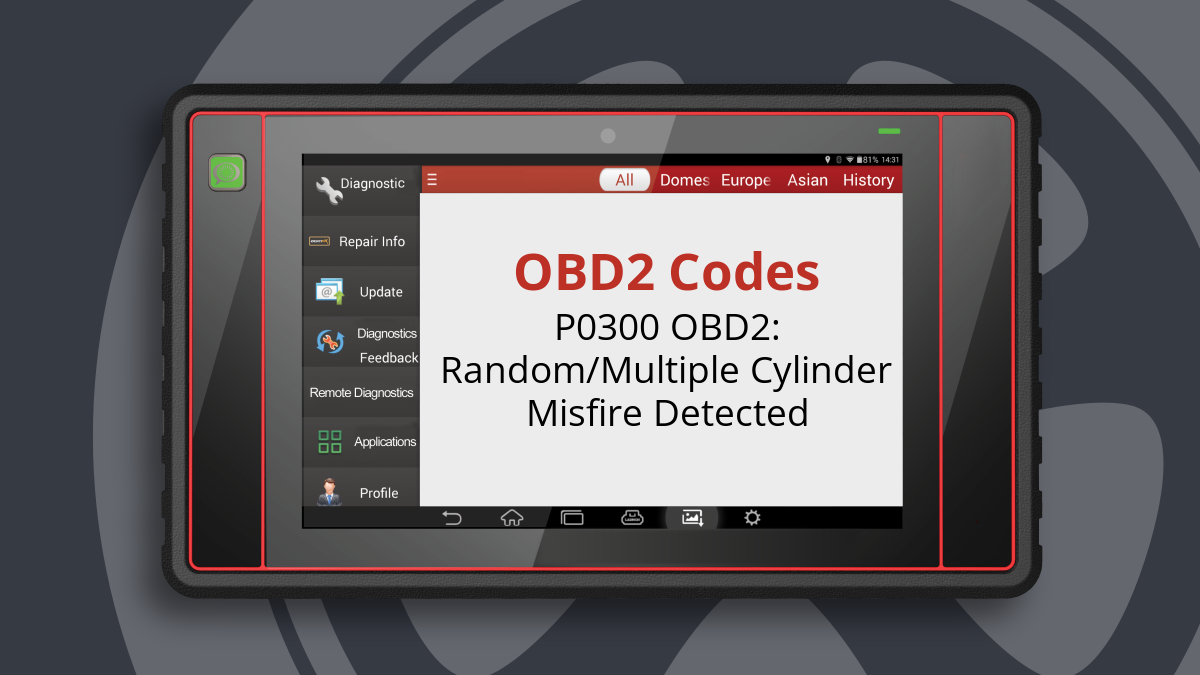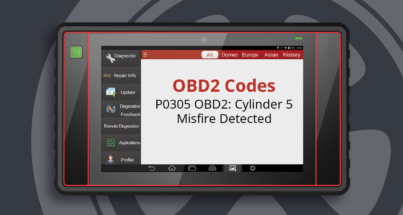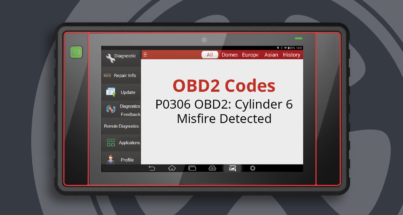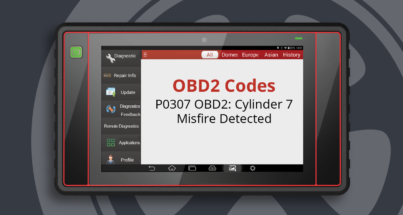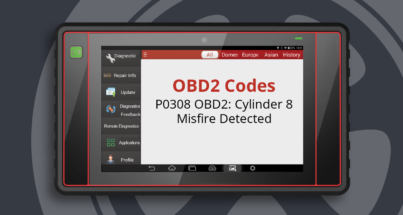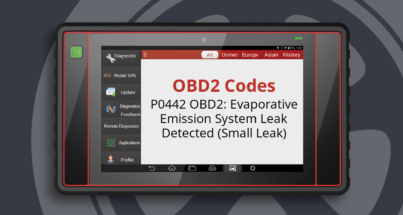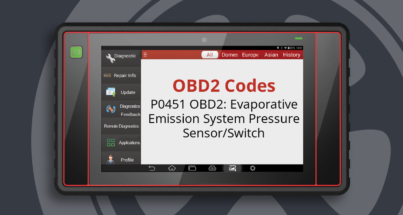When your vehicle’s engine control module (PCM) detects an inconsistency in the performance of one or more cylinders, it sets OBD2 code P0300. This code indicates that there is a random or multiple cylinder misfire occurring, which can lead to significant engine performance issues if not addressed promptly.
What Does the P0300 Code Mean?
OBD-II Code P0300 is defined as a Random, Multiple Misfire Detected. This means the PCM has observed that the RPM of the engine is fluctuating more than 2% among the cylinders, indicating that they are not firing consistently.
What Causes the P0300 Code?
Several factors can trigger the P0300 code, including:
- Worn out spark plugs or ignition wires
- Faulty ignition coil(s) or distributor cap and rotor
- Incorrect ignition timing
- Vacuum leaks
- Low or weak fuel pressure
- Malfunctioning EGR system
- Defective Mass Air Flow (MAF) sensor
- Failures in the crankshaft or camshaft sensors
- Mechanical engine issues such as low compression or leaking head gaskets
What Are the Symptoms of the P0300 Code?
Drivers may notice several symptoms when the P0300 code is present, including:
- Flashing Check Engine Light
- Rough engine running, hesitation, or jerking during acceleration
- Diminished engine performance, such as stalling at stop signs or poor idling
- Decreased fuel economy
How Serious Is the P0300 Code?
The P0300 code is considered urgent. If left unaddressed, it can lead to severe engine damage or safety hazards for the driver and passengers. Immediate attention is recommended to prevent further complications.
How to Diagnose the P0300 Code
Diagnosing the P0300 code requires a thorough inspection:
- Record freeze frame data and replicate driving conditions that triggered the code.
- Check engine load, throttle position, RPM, and road speed.
- Utilize a scan tool to check for related codes and monitor the misfire counter for specific cylinders.
- Inspect ignition system components for wear and functionality.
- Conduct tests for vacuum leaks and fuel pressure.
Common Repairs for the P0300 Code
Common repairs for the P0300 code may include:
- Replacing worn spark plugs and ignition wires
- Repairing or replacing ignition coils and distributor components
- Fixing vacuum leaks
- Adjusting ignition timing
- Repairing or replacing the fuel system components
- Addressing any mechanical issues affecting engine performance
How Much Does It Cost to Fix the P0300 Code?
The cost to fix the P0300 code can vary widely based on the underlying cause. Simple repairs, like replacing spark plugs, may cost around $100, while more complex issues, such as repairing a vacuum leak or replacing a failing ignition coil, could range from $300 to $1,000 depending on labor and parts involved.
Can I Fix the P0300 Code Myself?
While some DIY enthusiasts may feel comfortable addressing minor issues like spark plug replacement or checking for vacuum leaks, diagnosing and repairing the P0300 code can be complex. If you are not experienced with automotive diagnostics, it is advisable to seek professional assistance to ensure the problem is accurately identified and resolved.


